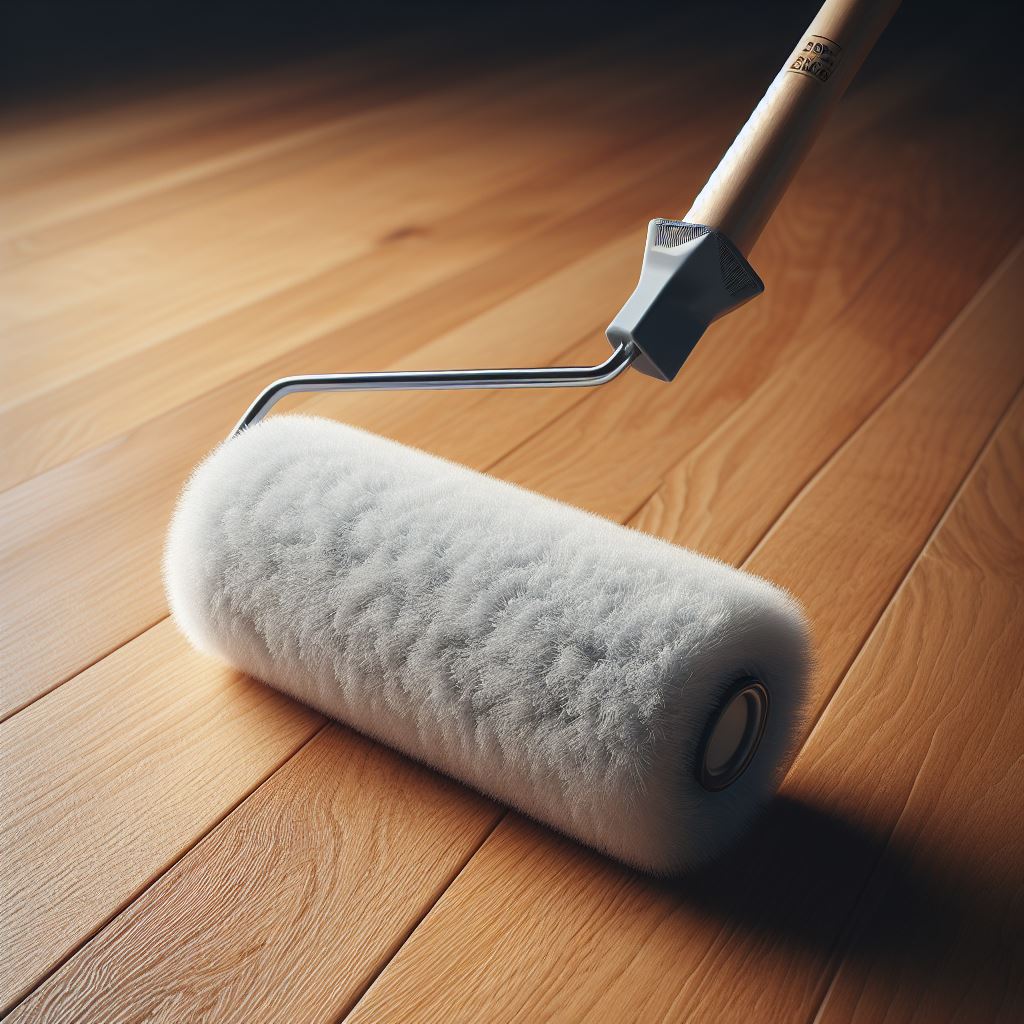.jpeg)
How to Paint Wood Floors
If you want to give your home a new lease of life, learning how to paint wood flooring is a simple but effective method of bringing something new to your flooring. Painting your wooden flooring can bring some colour into your home, or can even help you match the aesthetic of the rest of the room.
There are a few things you’ll need to get before you start giving your wood flooring a new lease of life, and a couple of things to consider to make sure painting your floor is the right option for you. If you’re interested in purchasing new wooden flooring, check out our wood flooring buyers guide for more information.
Searching for the perfect wood flooring?
Use our product finder to narrow down the options and find the best flooring for your project

Materials you’ll need
-
Suitable paint (see below)
-
Primer
-
Roller tray
-
Brush
-
Roller
-
Cleaning products
What type of paint to use on wood floors
When you’re painting your floors, you want to make sure you get the right paint for the job. Although other types of paint would probably be fine, we recommend you opt for a specialist floor paint, of which there are many available options. Many wood floor paints are oil or acrylic based, with a glossy finish although there are other options available.
Whatever you decide to go for, make sure to read the instructions on the product to make sure it’s suitable for your flooring and so you can accurately follow any instructions it has, as different paints might need applying slightly differently.
The Process
When you’re eventually ready to start painting your wood floor, start by thoroughly cleaning your floor to get rid of any excess dirt and debris. It’s important to start with a clean floor as this can affect how the paint is layed on the floor and can end up with an uneven surface. See our guide on how to clean wood floors for more details.
- Roll on a layer of primer to cover the whole floor. This should be allowed to dry before you continue with the painting. Make sure you follow the instructions supplied with the product. Some people don’t use primer before you paint, so it’s worth consulting with a professional regarding your specific floor.
- Apply the first layer of paint to your flooring as a thin coat, painting the edges with a brush and covering the rest of the floor with a roller. Allow this to thoroughly dry before continuing.
- Apply a second coat of paint the same way as the first coat. As before, work in small areas at a time to ensure consistency across the whole surface.
- After the second coat of paint has completely dried, you can gently sand the floor with a high grit fine sandpaper, somewhere between 180 and 220 grit. This should achieve a really smooth finish.
- If you want, you can also add a coating or sealant to the finished project which should add some durability and lifespan. Not all coatings are suitable, so make sure you check what works for your specific flooring.
Tip: If you want, you can add some flair to your flooring by painting on some specific patterns or designs including stripes, geometric shapes or other patterns. Be careful though, if it’s not precise it won’t look very good!